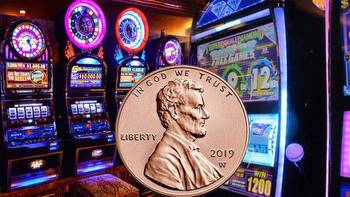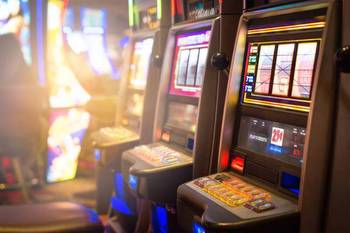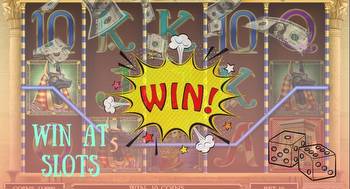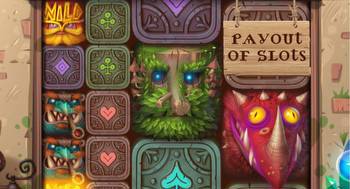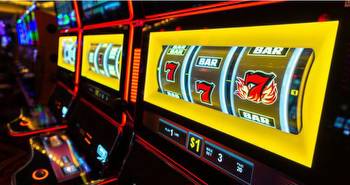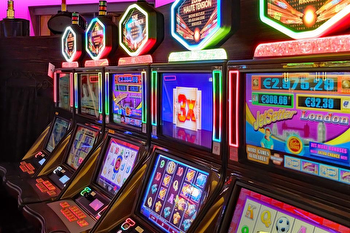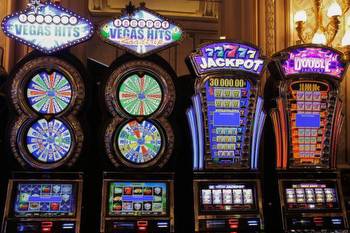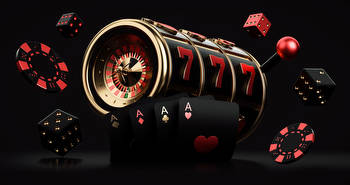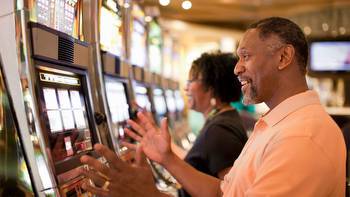Understanding slot machines for safer gaming sessions
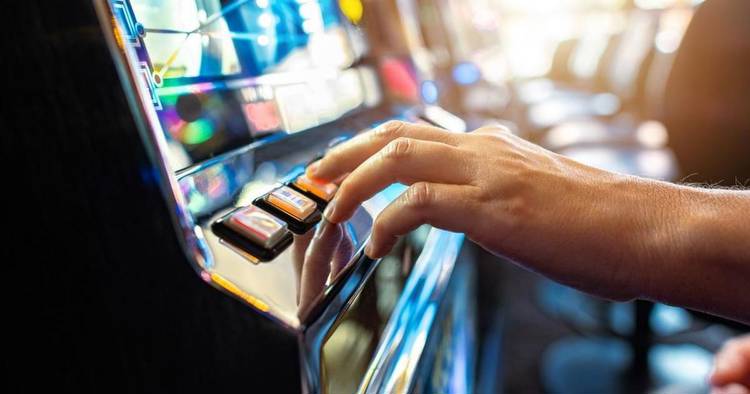
Slot machines are a popular form of gambling at casinos. They are also known for their ability to suck players in with the hope of big payouts and the thrill of the unknown. However, understanding how slot machines work can help players make informed decisions and increase their chances of a good time.
Before diving deeper, there are some terms we need to explain. Here are some slot machine terms on Admiral Online Casino:
Random Number Generator (RNG): A computer program that randomly selects a number corresponding to a specific combination on the machine's reels. It determines the outcome of each spin.
Reels: The vertical sections that spin and stop to reveal symbols
Paylines: The patterns that the symbols must line up on in order to create a winning combination
Payout Percentage/Return to Player (RTP): The amount of credits that a machine is programmed to return to players over the long term, usually expressed as a percentage (e.g. 95%)
Denomination: The cost per spin of the machine, can vary from small to bigBonus Round: A special feature that is triggered by landing a certain combination of symbols on the reels, often resulting in big payouts
Progressive Jackpot: A jackpot that grows each time the machine is played, can reach millions of credits but requires a maximum bet to be eligible
Max Bet: The maximum amount of credits that can be wagered on a single spin of the machine.
A random number generator (RNG) is a computer software that randomly generates a number corresponding to a specific combination on a slot machine's reels. The RNG creates a fresh combination each time the player pulls the handle or hits the spin button. This means that each spin's outcome is fully random and unrelated to the previous spin.
A slot machine's number of reels and pay lines might vary. Reels are the vertical parts that spin and stop to reveal symbols, whilst pay lines are the patterns on which the symbols must line up to form a winning combination. Some machines just have a few pay lines, while others have dozens, if not hundreds.
Another crucial part of understanding slot machines is payout percentages, commonly known as return to player (RTP) percentages. This is the amount of credits that a machine is set to return to players over time. It is crucial to note, however, that this percentage is determined over thousands or even millions of spins.
Slot machines are also available in a variety of denominations, with some accepting a few and others more credits. It's critical to select a machine that fits your budget and playing style. Penny slots may appear to be a good value, but they sometimes offer lower payout percentages and need players to gamble on several pay lines to be eligible for the largest rewards. Although high-denomination machines have better payoff rates, they also need larger wagers.
The bonus round is another significant component of slot machines. This is a bonus round that is activated by landing a specific combination of symbols on the reels. Free spins, pick-a-prize games, and even mini-games are all examples of bonus rounds. They frequently produce large rewards, so it's critical to pay attention to the symbols that activate them.
It's also crucial to understand progressive jackpots, which are available on some slot machines. These jackpots increase with each use of the machine and can reach big credit numbers. However, in order to be eligible for the jackpot, players must bet the maximum amount.
Finally, knowing how slot machines work can help players make more informed decisions and boost their enjoyment while playing. Knowing about the RNG, pay lines, payout percentages, denominations, bonus rounds, and progressive jackpots allows players to select the best machine for their preferences and playing style, increasing their enjoyment big time.









